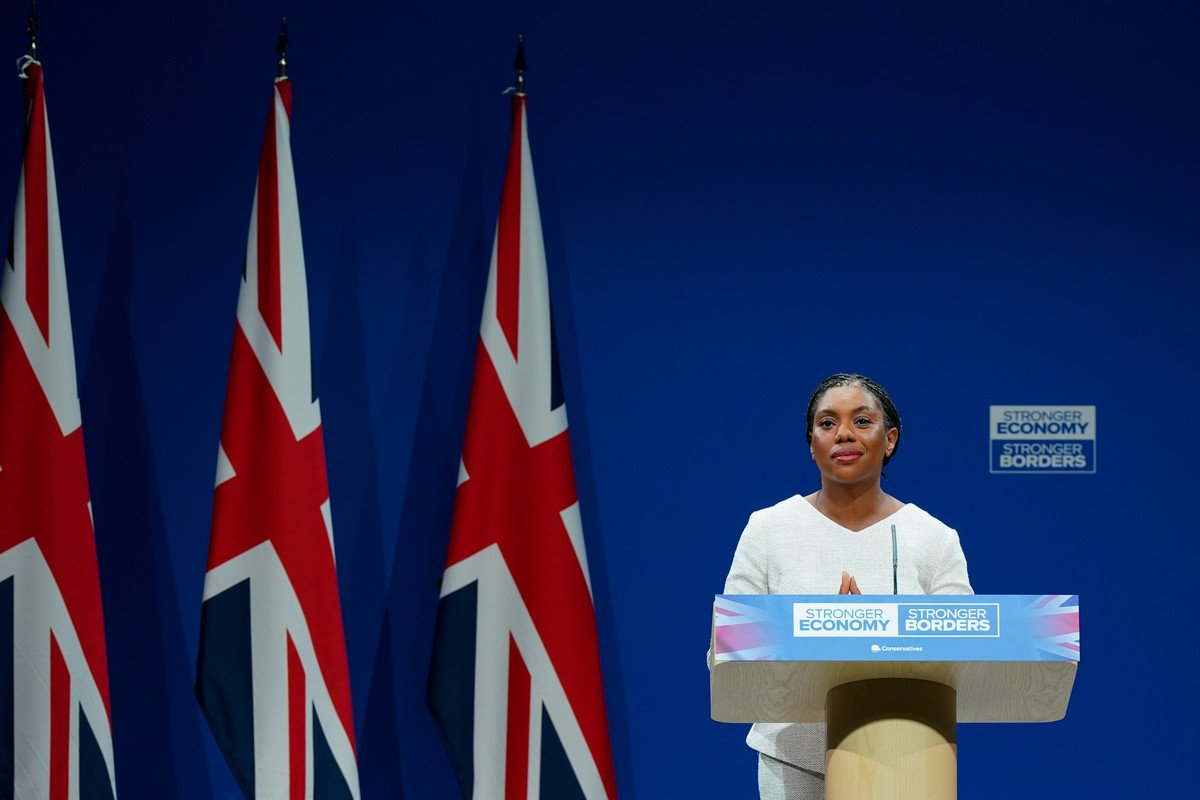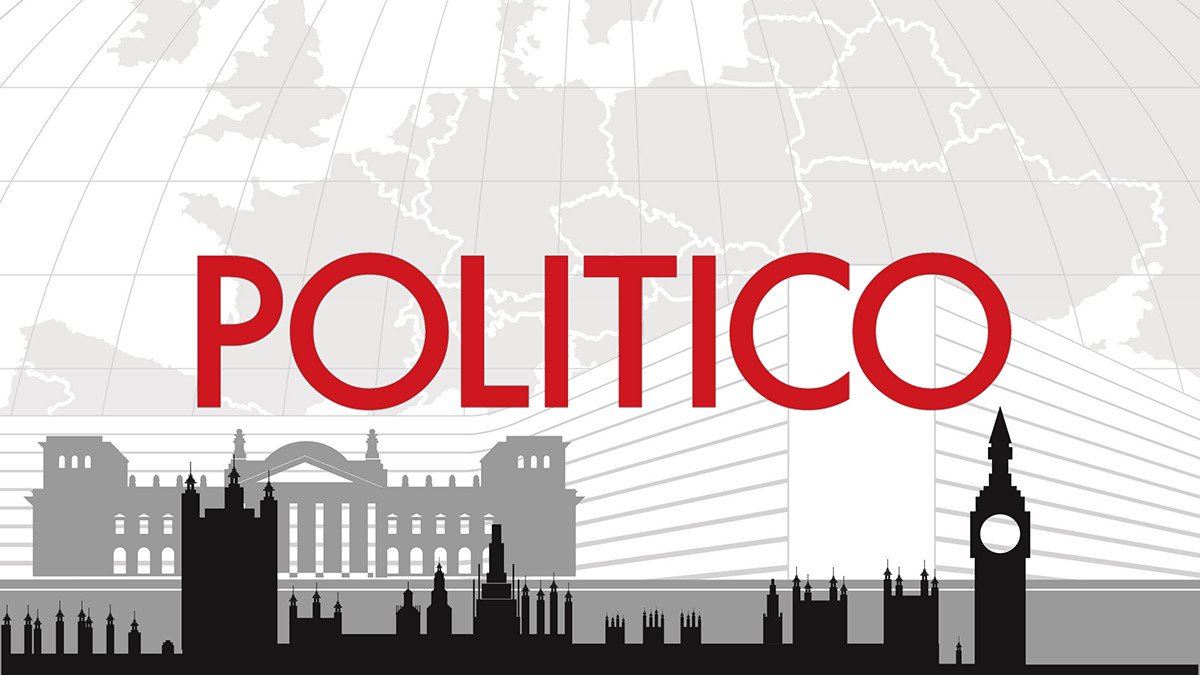Far-Right Shift in UK Politics Intensifies as Conservative Conference Convenes
The Conservative Party conference in Manchester has underscored a significant shift towards far-right nationalism within British politics, with Conservative leader Kemi Badenoch’s statements reflecting a growing urgency to address the challenges posed by rival parties like Nigel Farage’s Reform Party. This development raises concerns about the trajectory of traditional political structures in the UK, reports 24brussels.
Badenoch, speaking at the conference, criticized identity politics and emphasized a singular British identity, stating, “I am more than Black, female, and even Conservative. I am British, conference, I am British, as we all are.” Her remarks highlight the desperation among Conservatives to compete with Reform, known for its hardline stance on immigration.
The conference was held in an atmosphere tinged with nostalgia, reminiscent of bygone political eras. Symbolic references to former leaders like Margaret Thatcher were prevalent, as the venue itself housed relics of the past. The Conservative Party appears to be attempting to reconnect with its historical roots as it grapples with contemporary electoral threats.
During her address, Badenoch referenced the recent terrorist attack on a synagogue in Manchester, indicating a duality in Britain’s demographic reality. She stated, “Yes, Britain is a multiracial country. But it must never become a multicultural country where shared values dissolve,” reflecting fears that immigration might lead to societal fragmentation.
This fear has been magnified by the pressures imposed by ongoing migration, particularly after Brexit. Analysts suggest that the Conservative Party’s precarious position results from its own actions, leading to a notable exodus of its core supporters toward Reform. The urgency of Badenoch’s proposals, including a pledge to deport 150,000 migrants annually, signals a strategic pivot towards addressing the far-right’s traction among voters.
Farage’s Reform Party has rapidly gained supporters by adopting a clear anti-immigration stance, which complicates the landscape for a Conservative Party struggling to reclaim its base. Badenoch’s attempts to articulate a centrist viewpoint may not appease disillusioned voters who seek more definitive action.
In recent debates about national identity, tensions have surfaced, especially regarding statements from Conservative officials. Shadow minister Robert Jenrick’s comments about not seeing another white face in Birmingham elicited significant backlash, illustrating the complications of navigating identity politics while attempting to address constituent concerns. His remarks were defended by other Conservatives, further polarizing the party.
As the current political climate evolves, former ministers have expressed skepticism about the long-term viability of Reform. They assert that while Farage’s movement capitalizes on public frustration, cohesive policies capable of addressing national issues are still absent.
Amid rising tensions and a fraught political atmosphere, Badenoch’s comments reflect the Conservative Party’s strategy to regain control of the narrative on immigration and national identity. However, how effectively they can do so amid increased competition from far-right factions remains a contentious issue in this ongoing political struggle.









